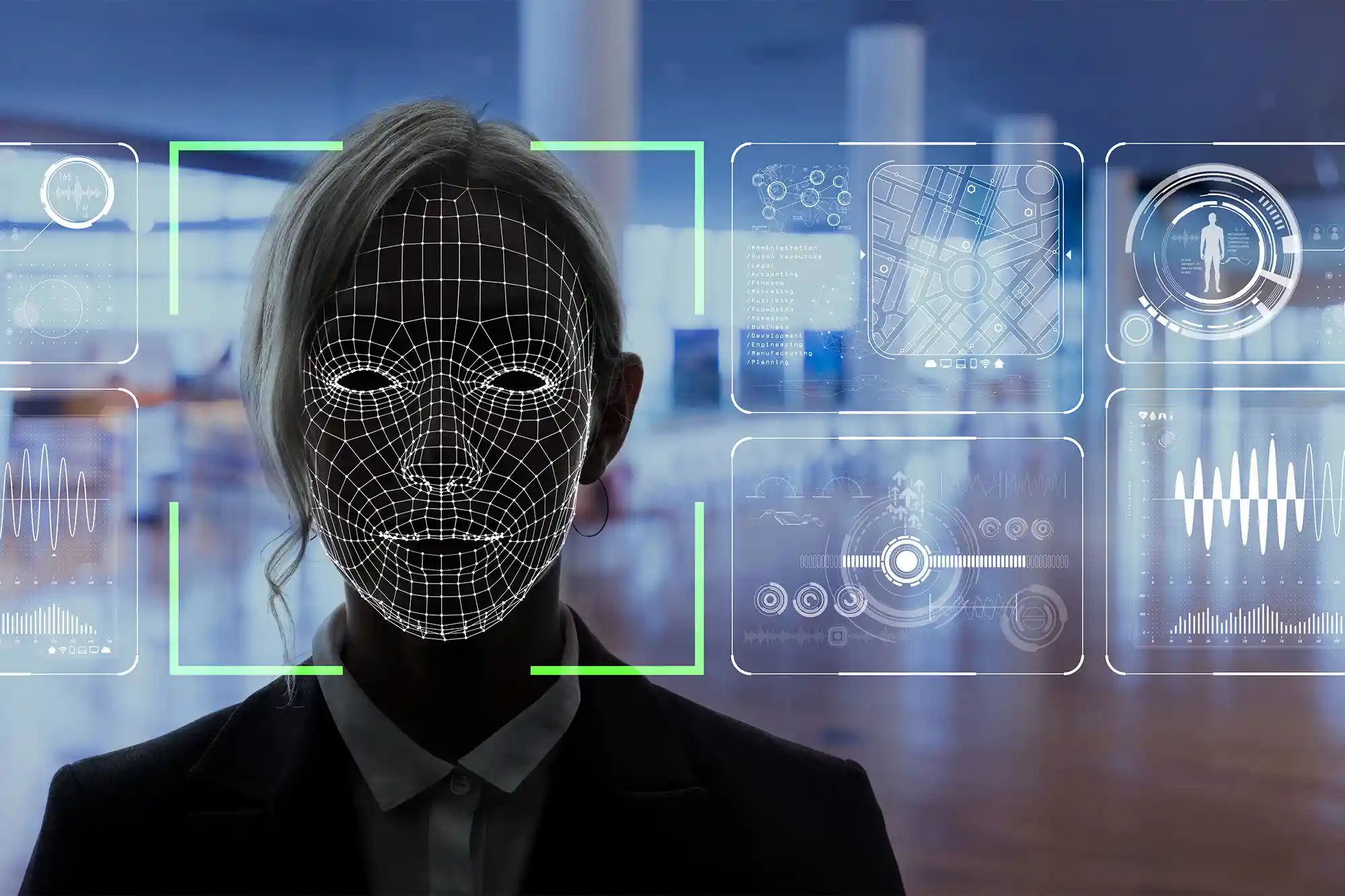The field of white-collar criminal defense is constantly evolving, with an increasing reliance on digital evidence in today’s digital age. This whitepaper, “Strengthening the Defense: The Role of Digital Forensics in White Collar Crime Cases,” explores the critical role of digital forensics services in assisting lawyers and their clients in building a strong defense against white collar criminal charges. By leveraging location-based data, timestamps, communication records, and examining law enforcement’s evidence for errors and inconsistencies, digital forensics plays a crucial role in establishing alibis, challenging the prosecution’s evidence, and ensuring a fair trial.
In today’s technological landscape, lawyers practicing white-collar defense must stay ahead of the curve. Incorporating digital forensics into defense strategies is not merely a choice but a necessity to effectively navigate the complexities of white-collar criminal cases. By leveraging digital forensics techniques and expertise, attorneys can uncover hidden evidence, challenge the accuracy of the prosecution’s timeline, and scrutinize the integrity of law enforcement’s evidence.


Digital forensics enables defense attorneys to meticulously examine the evidence provided by law enforcement for errors, inconsistencies, or procedural flaws. By identifying weaknesses in the chain of custody or evidence tampering, defense attorneys can undermine the credibility of the prosecution’s case and potentially have evidence excluded from the trial. Additionally, digital forensics experts ensure that the evidence collected adheres to legal standards, strengthening its admissibility and value in the defense’s strategy.
By reading this comprehensive whitepaper, lawyers practicing white-collar defense will gain valuable insights into the role of digital forensics in strengthening their defense strategies. Equipped with this knowledge, attorneys can navigate the intricacies of white-collar criminal cases, leverage digital evidence effectively, and provide comprehensive protection for their clients’ rights and interests.





